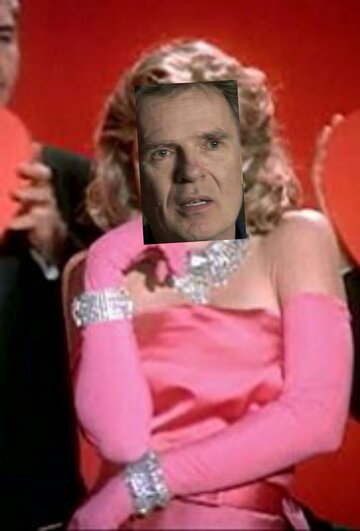The perception that nature is "stuffy" I argue is a byproduct (an artifact) of perception; in order to perceive, the organism has to take a "snap shot" of reality. This gives the organism the sense that nature is finite and discreet, when in reality it is not.
I think all of that is couched in a historical/cultural/linguistic context ... Western philosophy was affected by the revolutions in physics and our perception/cognition is heavily affected by that. What I am suggesting is to see if we can step outside of stuffy assumptions/images and language - can we shift our perception? What is it like to take the mental as fundamental seriously?
Excellent question. Here is Strawson's FN 19:
"19 I discuss the difference between ‘experiential’ and ‘mental’, and the vagueness of ‘mental’, in Strawson 1994 (see e.g. pp. 136–44 and ch. 6). Here I’m trying to avoid the issue as far as possible."




